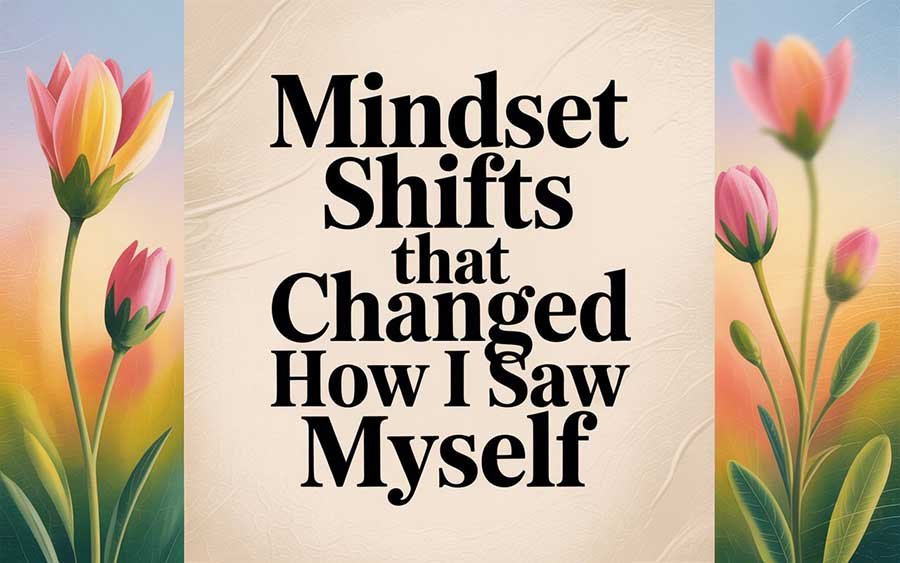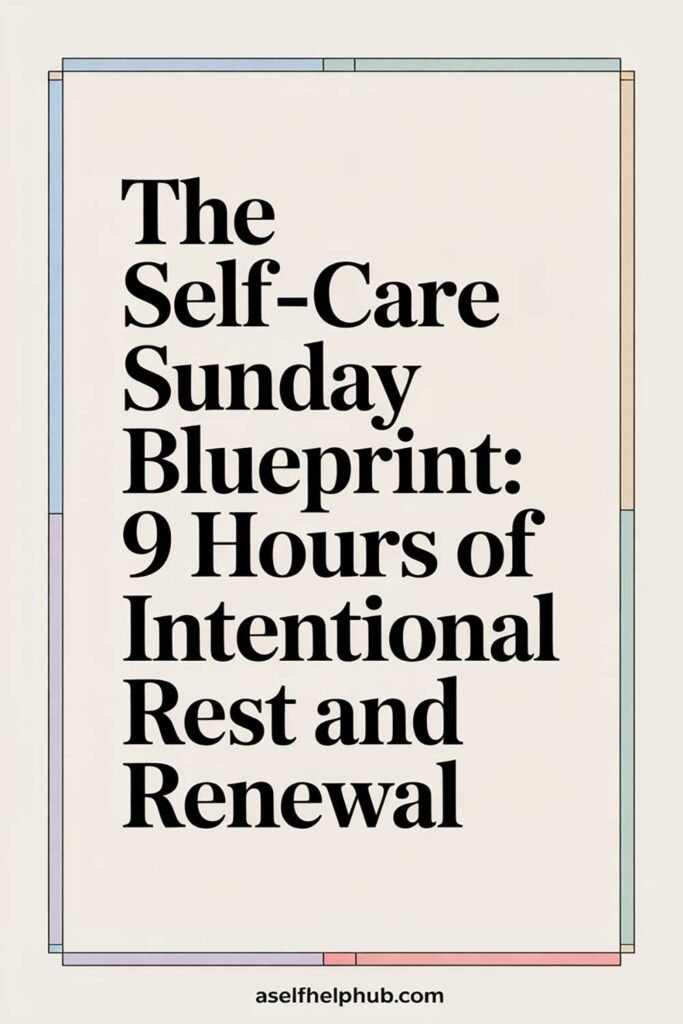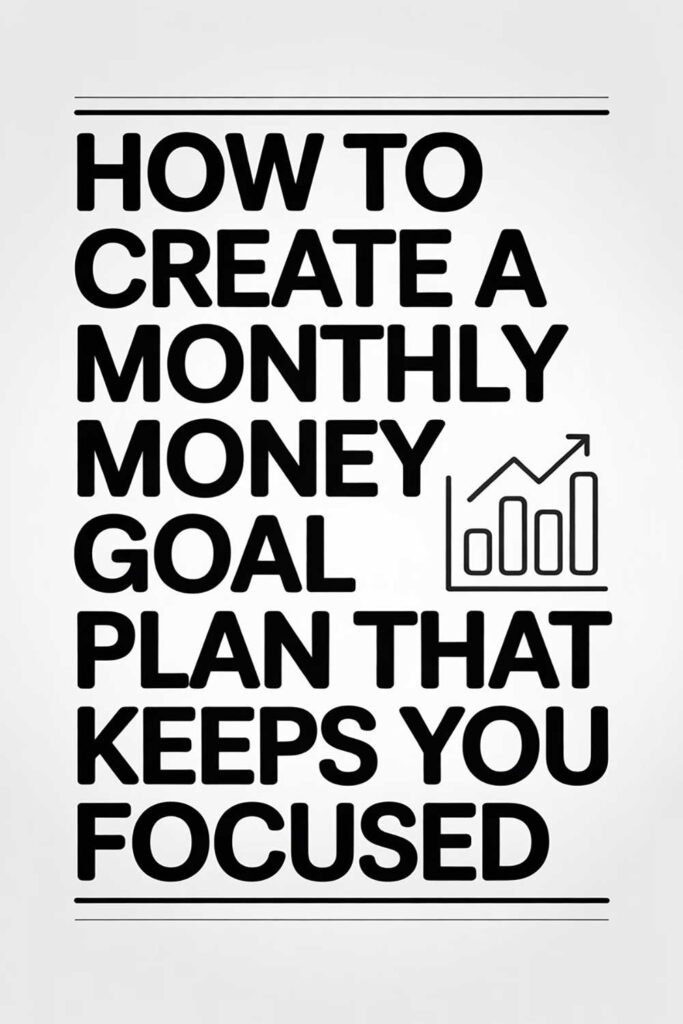
Mindset Shifts That Changed How I Saw Myself: A Journey to Self-Perception
Our perception of ourselves is not a static photograph; it’s a dynamic, ever-evolving narrative shaped by our experiences, beliefs, and the stories we tell ourselves. For many, this narrative can become limiting, holding us back from our true potential. We might see ourselves as “not good enough,” “unlucky,” or “incapable,” often without realizing that these are not inherent truths, but simply deeply ingrained mindsets.

A mindset shift is a profound change in your fundamental beliefs and attitudes. It’s like changing the lens through which you view the world, and more importantly, through which you view yourself. These shifts aren’t about becoming someone new, but rather about shedding the layers of limiting beliefs that obscure the incredible person you already are. Understanding what a mindset shift is: a beginner’s guide is the foundational step in this transformative journey.
This article explores powerful mindset shifts that can fundamentally alter your self-perception, leading to greater confidence, resilience, and a more fulfilling life.
The Power of Internal Narrative: How Your Mindset Shapes Your Reality
Before we dive into specific shifts, it’s crucial to understand why mindsets are so powerful. Your mindset acts as a filter for reality. If you believe you’re inherently bad at public speaking, your brain will actively look for evidence to confirm that belief, interpreting every stumble or nervous glance as proof. Conversely, if you believe you can improve, your brain will seek opportunities for practice and learning.
This internal narrative isn’t just about positive thinking; it’s about rewiring your brain’s default settings. It influences your actions, reactions, and ultimately, the outcomes you experience. Changing how you see yourself isn’t about external validation; it’s about internal liberation.
Key Mindset Shifts That Transformed My Self-Perception
Here are some of the most impactful mindset shifts that have personally changed how I view myself, along with real-life examples of how they manifest.
1. From “I Am My Mistakes” to “My Mistakes Are Lessons”
This is perhaps the most fundamental shift. For years, every error, every misstep, every perceived failure felt like a direct indictment of my worth. A bad grade, a botched presentation, a failed project – they weren’t just events; they were proof of my inadequacy.
The Shift: I learned to separate my actions from my identity. A mistake isn’t who I am; it’s something I did. And more importantly, it’s an opportunity to learn. This aligns closely with the principles of a growth mindset, where challenges are seen as opportunities. Engaging with journal prompts to build a growth mindset can be incredibly effective in solidifying this shift.
Real-Life Example: I once led a small team project that, despite our best efforts, didn’t meet its objectives. My initial reaction was overwhelming self-blame and shame. I saw myself as a “failure” of a leader. The mindset shift came when a mentor asked me, “What did you learn from this? What would you do differently next time?” This simple question reframed the entire experience. I journaled about the specific process flaws, communication breakdowns, and areas where I could have supported my team better. I realized the project’s outcome didn’t define me, but my response to it did. This allowed me to take accountability without taking on the identity of a failure, leading to stronger leadership in subsequent projects.
2. From “I Need External Validation” to “My Worth Is Intrinsic”
Growing up, like many, I often sought approval from others. Compliments fueled my confidence, and criticism sent me spiraling. My self-worth felt like a fragile balloon, constantly inflated or deflated by external opinions.
The Shift: I began to understand that my inherent worth isn’t dependent on what others think, say, or do. It exists simply because I exist. This doesn’t mean ignoring feedback, but rather grounding your self-esteem in an internal sense of value. This is one of the most powerful 5 mindset shifts to build self-esteem.
Real-Life Example: I used to spend excessive time curating my social media presence, constantly checking for likes and comments. A low engagement post would genuinely upset me. The shift began when I started dedicating time to activities that brought me internal joy and satisfaction, regardless of external recognition – things like painting, hiking, or deep conversations with close friends. I noticed that the more I focused on these intrinsically rewarding activities, the less I cared about superficial validation. My self-perception moved from “Am I liked?” to “Am I living authentically?”
3. From “I Am a Victim of Circumstance” to “I Am the Architect of My Response”
Life throws curveballs. It’s easy to feel helpless, as if external events are dictating your entire existence. While we can’t control everything that happens to us, we always control our response.
The Shift: This is about reclaiming agency. It’s recognizing that even in the most challenging situations, you have the power to choose your attitude, your effort, and your next step. This mindset cultivates daily mindset shifts that strengthen your willpower.
Real-Life Example: I faced an unexpected job loss during an economic downturn. My immediate reaction was despair and a feeling of being a victim of the economy. I spent days feeling sorry for myself. The shift occurred when I remembered stories of people who thrived during adversity. I reframed the situation: “I can’t control the market, but I can control how I use this time.” I dedicated myself to learning new skills, networking aggressively, and refining my resume. This active approach, rather than passive waiting, not only led to a better job but also instilled a deep sense of self-reliance.
4. From “Scarcity Mentality” to “Abundance Mentality”
This shift applies broadly, but often profoundly impacts how we see our resources, opportunities, and even our own capabilities. A scarcity mindset operates from a place of “not enough” – not enough time, money, talent, or opportunities.
The Shift: An abundance mindset believes there is plenty for everyone, and that resources can be created and expanded. It fosters creativity, collaboration, and a willingness to take calculated risks. This is particularly powerful when considering 12 money mindset shifts that can change your life.
Real-Life Example: For a long time, I viewed career opportunities as a zero-sum game. If someone else got a promotion, it meant less chance for me. This scarcity mindset led to unhealthy competition and resentment. The shift happened when I started focusing on collaboration and value creation. Instead of competing, I looked for ways to support colleagues, share knowledge, and contribute to collective success. Surprisingly, this approach led to more opportunities for everyone, including myself, as I was seen as a valuable team player rather than just a rival. My self-perception changed from “I need to fight for my piece” to “I can help grow the pie for everyone.”
5. From “I Must Be Perfect” to “I Am Enough”
Perfectionism is a silent killer of self-esteem. It sets impossibly high standards, leading to constant self-criticism and a feeling of never quite measuring up. The fear of not being perfect often prevents us from even starting.
The Shift: This is about embracing imperfection as part of the human experience. It’s recognizing that “good enough” is often truly good, and that growth happens through iterative progress, not flawless execution. This mindset is crucial for building resilience. In fact, these are 3 mindset habits that made me more resilient and helped me accept my imperfections.
Real-Life Example: I used to procrastinate heavily on creative projects because I was terrified they wouldn’t be “perfect.” The blank page was intimidating. The shift came when I started a personal writing project with the explicit rule: “Just get it done, it doesn’t have to be perfect.” I allowed myself to write messy first drafts, knowing I could refine them later. The act of completing something, even imperfectly, built momentum and confidence. I realized that “done is better than perfect” allowed me to create and learn, rather than remain paralyzed by fear of inadequacy. My self-perception moved from “I’m a procrastinator who can’t finish anything” to “I’m a creator who learns by doing.”
Cultivating Your Own Mindset Shifts
These shifts aren’t magical. They require conscious effort, consistent practice, and a willingness to challenge your deeply held beliefs.
- Awareness: The first step is always recognizing your current mindset. When you feel negative emotions about yourself, pause and ask: “What belief is driving this feeling?”
- Challenge: Once you identify a limiting belief, actively question it. Is it truly 100% true? Can you find any evidence to the contrary?
- Reframe: Consciously choose a new, empowering belief. Write it down. Repeat it to yourself.
- Act: Take small, consistent actions that align with your new mindset. Each action reinforces the new belief.
- Patience and Self-Compassion: Mindset shifts take time. Be kind to yourself through the process. There will be days when you revert to old patterns, and that’s okay. Just gently guide yourself back.
By intentionally working on these mindset shifts, you’re not just changing your thoughts; you’re actively changing how you see yourself, unlocking a more confident, capable, and resilient version of you.
20 Empowering Quotes on Mindset Shifts and Self-Perception:
- “The greatest discovery of all time is that a person can change his future by merely changing his attitude.” – Oprah Winfrey
- “What you think, you become. What you feel, you attract. What you imagine, you create.” – Buddha
- “The only way to do great work is to love what you do.” – Steve Jobs
- “If you don’t like something, change it. If you can’t change it, change your attitude.” – Maya Angelou
- “The mind is everything. What you think you become.” – Mahatma Gandhi
- “Argue for your limitations, and sure enough, they’re yours.” – Richard Bach
- “Your life does not get better by chance, it gets better by change.” – Jim Rohn
- “The greatest glory in living lies not in never falling, but in rising every time we fall.” – Nelson Mandela
- “Once you make a decision, the universe conspires to make it happen.” – Ralph Waldo Emerson
- “The only person you are destined to become is the person you decide to be.” – Ralph Waldo Emerson
- “Change your thoughts and you change your world.” – Norman Vincent Peale
- “It is not the strongest of the species that survives, nor the most intelligent, but the one most responsive to change.” – Charles Darwin
- “The greatest prison people live in is the fear of what other people think.” – David Icke
- “You are the only one who can limit your greatness.” – Unknown
- “The biggest mistake you can make is to believe that you are working for anyone else.” – Earl Nightingale
- “Your present circumstances don’t determine where you can go; they merely determine where you start.” – Nido Qubein
- “The best way out is always through.” – Robert Frost
- “We are what we repeatedly do. Excellence, then, is not an act, but a habit.” – Aristotle
- “To be yourself in a world that is constantly trying to make you something else is the greatest accomplishment.” – Ralph Waldo Emerson
- “The self is not something ready-made, but something in continuous formation through choice of action.” – John Dewey
Picture This
Imagine standing before a vast, ancient forest. For years, you believed it was impenetrable, a dense, dark place you could never navigate. You saw yourself as someone who gets lost easily, someone not strong enough for such a journey. This belief kept you from even approaching the edge. Then, one day, you shift your mindset. You realize the forest isn’t just an obstacle; it’s an ecosystem, full of hidden paths, unique flora, and incredible discoveries. You see yourself not as someone who gets lost, but as an explorer, capable of learning, adapting, and finding beauty even in challenging terrain. With this new perspective, you take a single step forward, not knowing where the journey will lead, but trusting in your capacity to navigate it.
Share This Article
Did these mindset shifts resonate with your own experiences? Share this article with friends, family, or on social media to inspire others to transform how they see themselves and unlock their full potential!
Disclaimer
This article is intended for informational purposes only and is based on general psychological principles and common experiences. It is not a substitute for professional advice, diagnosis, or treatment. If you are experiencing severe or persistent mental health challenges or difficulties in applying these concepts, please consult with a qualified mental health professional.






